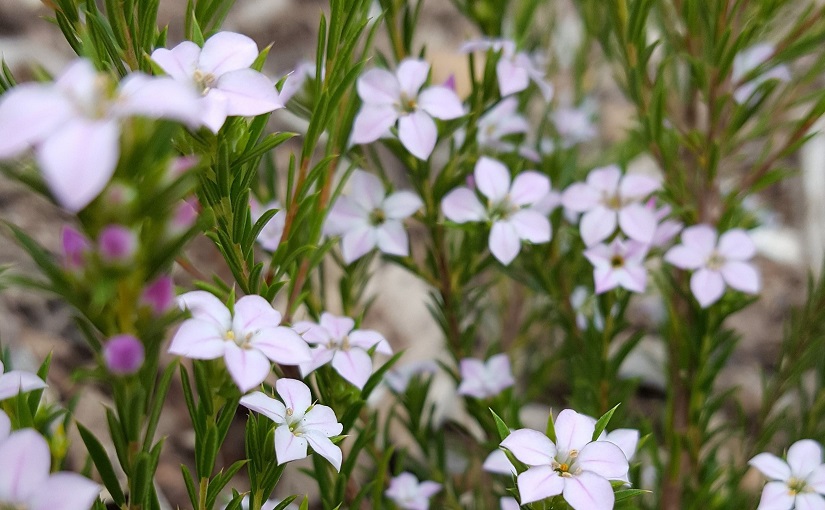With modern life, is it that we now have endless amounts to do in the same, finite amount of time? There seem no limits to all we could pursue as, potentially, we could be talking to every single person or showing interest in whatever it is they’ve decided to put out into the world. With all technology’s offering, there effectively seem to be no boundaries between us and all we could concern ourselves with.
In the past, there was presumably hardly any opportunity to do that? People might’ve been interested in a great many things, but those interests were probably curtailed by limited access to sources of information or means of communication. Perhaps those interests just dwelt in their hearts as impossible dreams and questions about life? This unrequited longing to know more, meet more people, and stretch beyond those limits.
It’s strange to think how much our lives have changed over the last century, in particular (Notes One). All the ways small scale, meaningful communities have branched out into this new, rather different set of realities. It sometimes seems the past’s a blissful place, simply for the fact most people didn’t bear this burden of choice – not being free to do more, you’d probably commit to working with what’s actually around you.
These days, by comparison, the horizon of our opportunities is so much wider. It must be hard to choose, to commit to any one thing, if doing so curtails the chance of choosing countless others. Almost paralysing, perhaps? If every step you take is echoed by thousands of others you therefore couldn’t, it’s almost as if we’re haunted by the very notion of choosing anything from the options we’re surrounded with.
How are we to focus if, every moment, there is so much we could be doing? So many conversations we could be having; choices we could be considering; situations we could be learning about; areas of knowledge we could be deepening or broadening out. The internet must be this completely limitless place being filled, moment by moment, with countless valuable perspectives and pieces of information.
Little wonder we’re so interested in multi-tasking, increasing efficiency, and ruthlessly cutting things out to make space for whatever our chosen focus is. Attention seems a naturally limited capacity, so “modern life” conceivably demands that we choose some things and ignore others – we simply cannot do it all or we’ll be spreading ourselves too thin.
That said, doesn’t all of it matter? We’re not, perhaps, saying, that whatever we don’t have time for isn’t important; just that we’re not prioritising it over and above whatever else has captured our interest. We’re simply recalibrating our concerns based around all these new things the world’s inserting into the basic format of “daily life”.
Couldn’t a lot of things easily get left out, though? All these pressing issues and entertaining voices drowning out other, quieter, more unassuming ideas, people or activities that, truly, might not deserve to be cut out of the modern conversation.
Notes and References:
Note 1: Things change, over time
Note 1: Detaching from the world around us
Note 1: Making things up as we go along
Note 1: What’s not essential
Note 1: Social starting points for modern ways
Note 1: Information as a thing, endlessly growing
Note 1: Life’s never been simpler…










